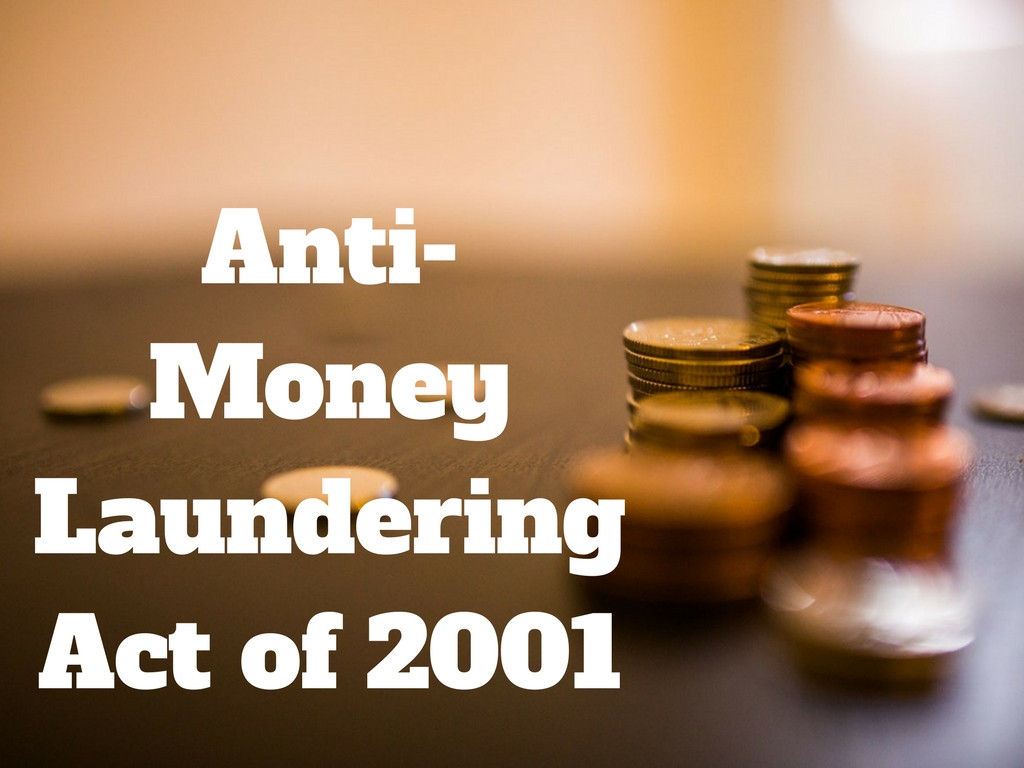The iSavta Team | 13.11.2019

Many Overseas Filipino Workers has an existing savings account in any bank in the Philippines wherein they have deposited a small fortune from working abroad for many years.
By rules, only the person who owns the account can make transactions or withdraw the amount. For any emergency cases that the family or relatives in the Philippines needed a huge amount of money, the account holder who is currently abroad will have no other choice but to issue a Special Power of Attorney to one of his/her relative giving the latter the authority to withdraw the money in behalf of him/her.
However, in the Philippines, there is an existing law called Anti-Money Laundering Act.
To know more about this law, please read the announcement from Philippine Embassy - Israel:
PAUNAWA TUNGKOL SA ANTI-MONEY LAUNDERING ACT OF 2001
Pinaaalalahan po ang lahat ng Pilipino sa Israel na mayroon pong batas sa Pilipinas na tinatawag na Anti-Money Laundering Act. Ipinapaliwanag dito kung ano ang batas na ito at ano ang layunin. Mahalaga pong malaman ang napapaloob sa batas na ito lalo na sa mga nagpapagawa ng Special Power of Attorney upang makapag-withdraw ng pera sa bangko ang kanilang mga kaanak.
Ayon sa naturang batas, ang mga sumusunod ay napapaloob sa tinatawag na “Covered transactions” na ipinagbabawal:
G. “Covered transaction” refers to:
1. A transaction in cash or other equivalent monetary instrument exceeding Five Hundred Thousand pesos (Php500,000.00);
2. A transaction exceeding One Million pesos (Php1,000,000.00) in cases of jewelry dealers, dealers in precious metals and dealers in precious stones.
Mariin pong ipinapaliwanag ang batas na ito sa lahat ng mga nagpapagawa ng Special Power of Attorney sa Embahada kahit wala ng kinalaman ang Embahada sa nilalaman at naisisulat ng Pilipino sa kanyang dokumento. At bagama’t ang Special Power of Attorney (SPA) ng isang Pilipino sa Israel ay dumadaan sa proseso ng notary sa Embahada, ang bangko sa Pilipinas kung saan ito ipapasa ay maaari pa ring tanggihan ang SPA na nagsasaad na pwedeng makapag-withdraw ng higit sa Php500,000 ang isang kaanak. Bukod dito, nawawalan ng kredibilidad ang proseso ng notaryo ng Embahada sa tuwing ipauulit ng bangko ang SPA dahil sa ito ay labag sa batas.
Para sa kabuuan ng 2016 Implementing Rules and Regulations ng Anti-Money Laundering Act, puntahan ang link sa ibaba:
http://www.amlc.gov.ph/laws/money-laundering/2016-revised-implementing-rules-and-regulations-of-republic-act-no-9160-as-amended
Umaasa ang Embahada sa inyong pang-unawa.
For more information, do not hesitate to read more about this law or visit the Philippine Embassy in Tel-Aviv and ask more about this law.



